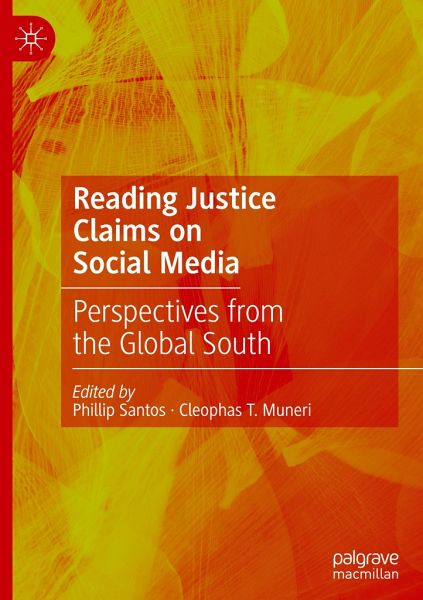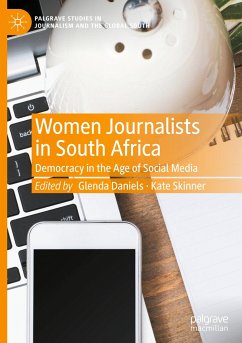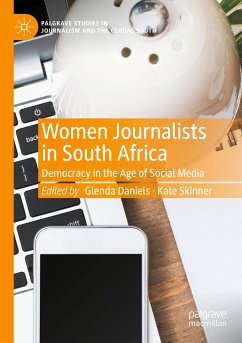
Reading Justice Claims on Social Media
Perspectives from the Global South
Herausgegeben: Santos, Phillip; Muneri, Cleophas T.

PAYBACK Punkte
49 °P sammeln!
This book explores how unresolved questions of social justice shape the character of the political terrain and political actors, through the lens of social media. It treats communication as the medium through which social issues and processes are made visible. Given the rise and spread of populist politics, the views of ordinary people on social issues have never mattered more. One platform through which these voices can be studied extensively is social media. Platforms such as Facebook, Twitter now X, YouTube, and Instagram, among others, afford ordinary citizens-often marginalized by traditi...
This book explores how unresolved questions of social justice shape the character of the political terrain and political actors, through the lens of social media. It treats communication as the medium through which social issues and processes are made visible. Given the rise and spread of populist politics, the views of ordinary people on social issues have never mattered more. One platform through which these voices can be studied extensively is social media. Platforms such as Facebook, Twitter now X, YouTube, and Instagram, among others, afford ordinary citizens-often marginalized by traditional mainstream media-space to vent their opinions, engage in discussions of whatever topic, share information and ideas, and explore various kinds of information as well as data, links to which are often provided through various macro and micro discursive spaces therein. Arguably, therefore, social media have become a quintessential platform for studying contemporary sociality. Social mediamustbe studied not just as a communication platform, but one through which the social world, social processes and social issues are made visible and, in some cases, enacted. With rich case studies from the Global South, and a particular focus on Africa, this collection does just that.












